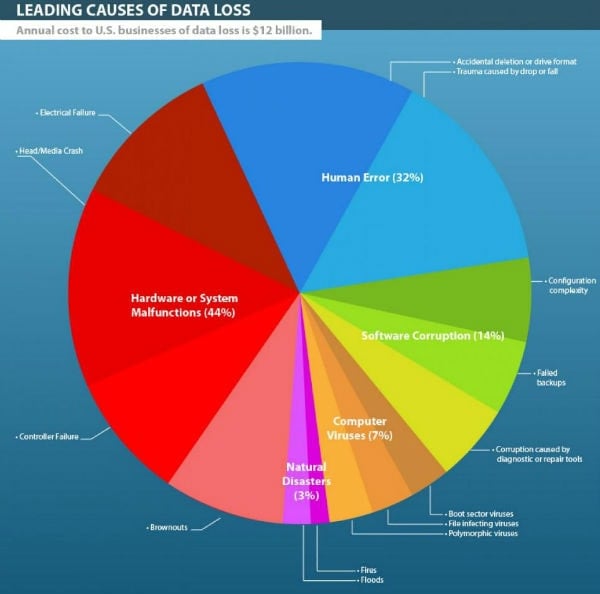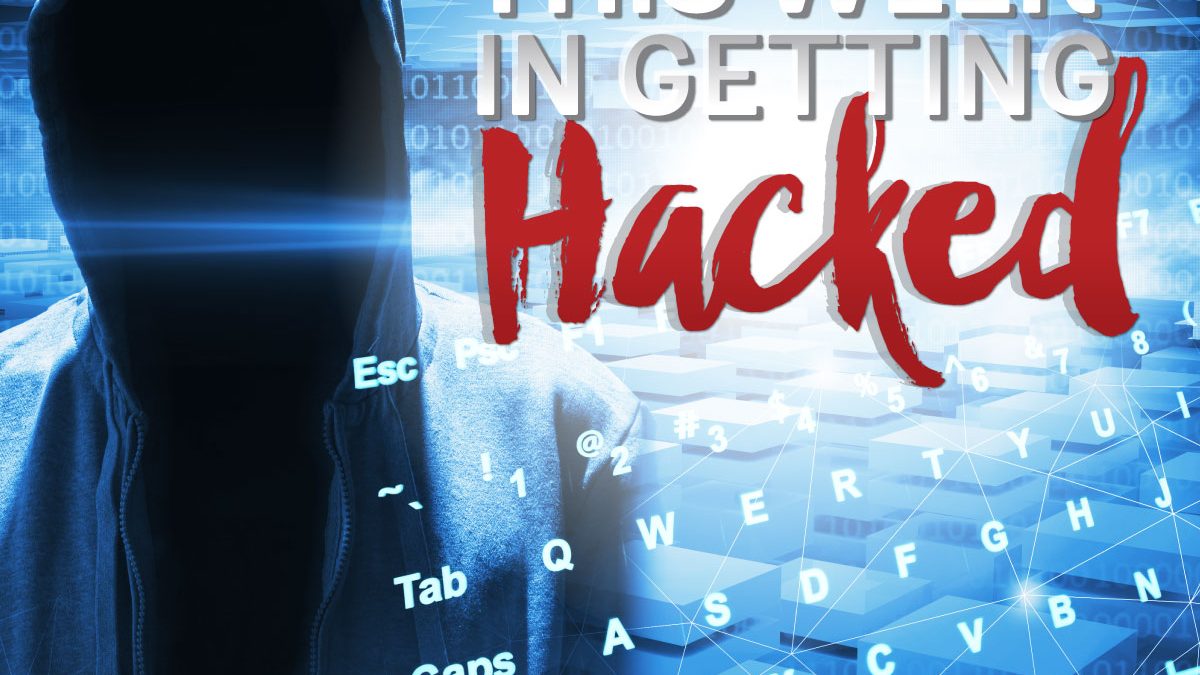
Friday Fun Blog: Gravity Waves Edition
February 12, 2016
How to Increase Confidence in Your Data Security
February 18, 2016All aboard the cybersecurity train! CHOOO CHOOOO! Each week we bring you the greatest and most terrifying cybersecurity and hacking-related news on the web. This is….THIS WEEK IN GETTING HACKED!
The FBI and Apple are at odds over Apple’s policy of not allowing a backdoor into their operating systems and devices.
The FBI wants access to the password-locked iPhones used by the shooters in the San Bernadino tragedy last December, and while Apple has complied with subpoenas and warrants to provide information to the authorities, they believe the FBI is overstepping their jurisdiction and threatening encryption and cybersecurity as well as personal privacy by making this request.

Photo Credit: gizmodo.com
The FBI is suggesting that Apple create a separate version of iOS that allows them to gain access to devices, and that’s not cool. Apple CEO Tim Cook, in a letter to Apple users said:
“The government suggests this tool could only be used once, on one phone. But that’s simply not true. Once created, the technique could be used over and over again, on any number of devices. In the physical world, it would be the equivalent of a master key, capable of opening hundreds of millions of locks — from restaurants and banks to stores and homes. No reasonable person would find that acceptable.
The government is asking Apple to hack our own users and undermine decades of security advancements that protect our customers — including tens of millions of American citizens — from sophisticated hackers and cybercriminals. The same engineers who built strong encryption into the iPhone to protect our users would, ironically, be ordered to weaken those protections and make our users less safe.”
And good on Apple, because that’s a slippery slope we don’t want to go down. Once they get that master key, they’ll unlock any door they want under the guise of the catch-all “terrorism”.
Hackers attacked a local Los Angeles hospital infecting their systems with ransomware and halting surgeries and affecting patient care. Ransomware, for the uninitiated, takes your data hostage until you pay up—not cool.

Photo Credit: ibtimes.com (linked above)
Fortunately, patient information wasn’t compromised, but it does bring up the fact that hospital IT security needs to be beefed up, especially as there is a move towards connected medical devices.
Speaking of beefing up cybersecurity, most companies don’t have a plan in place to protect themselves in the case of a breach. That’s pretty sad, but even worse is that the CEO’s polled also said that they expect a data breach in the next few years.

Procrastinate much? Yes, yes they do. It’s almost like they don’t care, even though they should care the most, as a breach has been shown to cost a lot more money than a long term investment in solid cybersecurity and network security, as well as affecting brand reputation.
Hopefully these CEO’s pull their heads out of their metaphorical butts and get in gear.
That’s all for this week! Stay safe out there!
